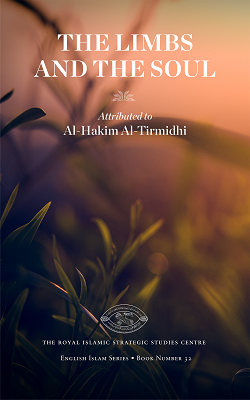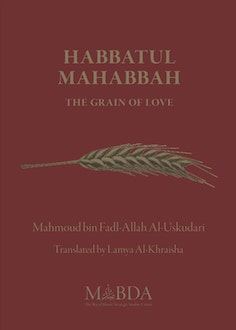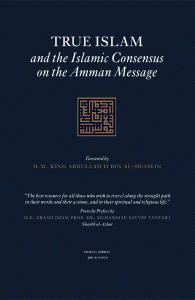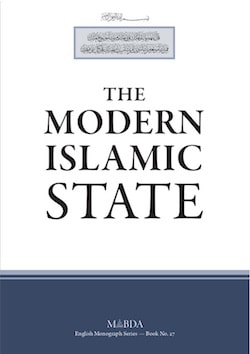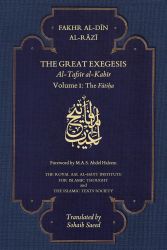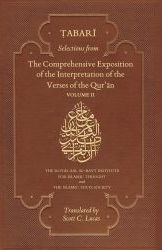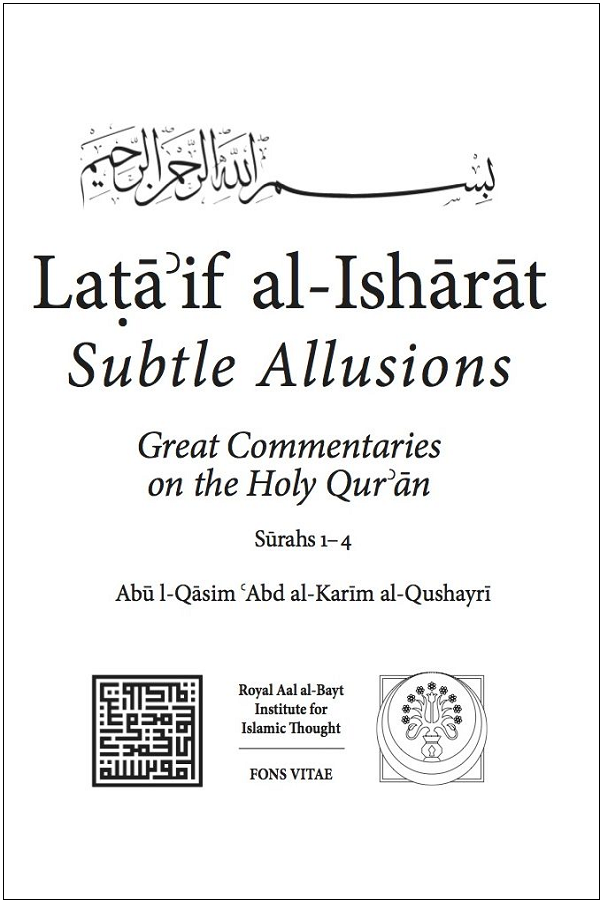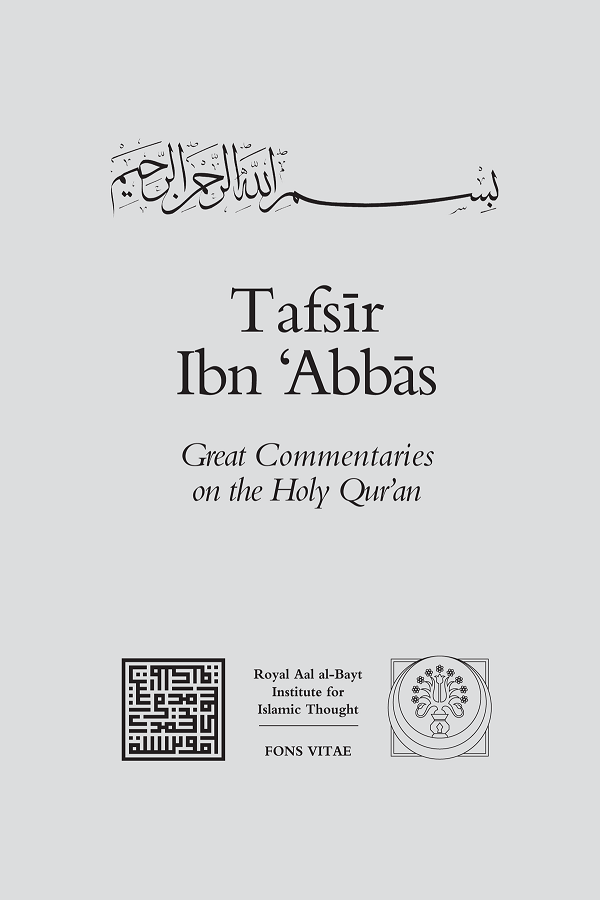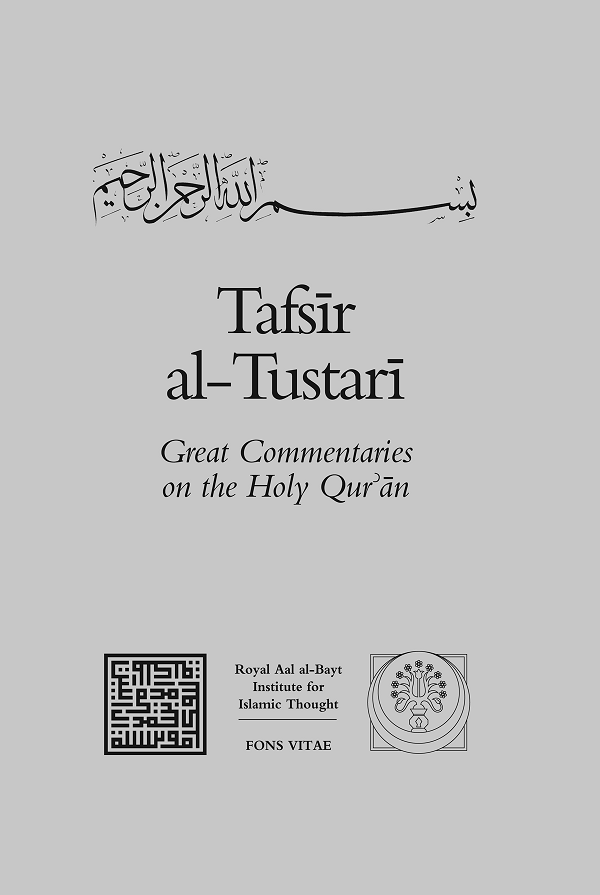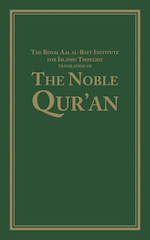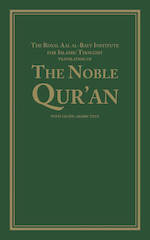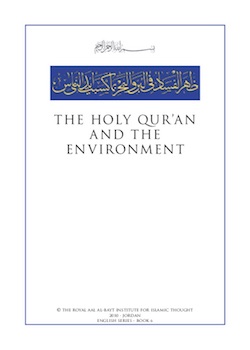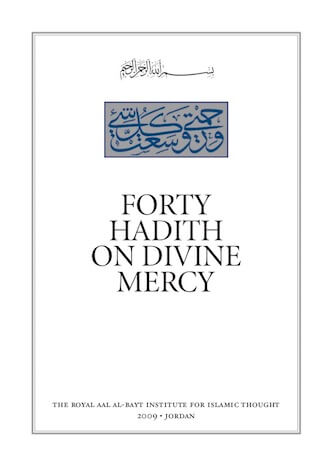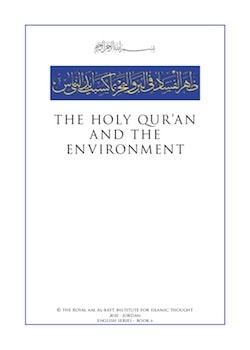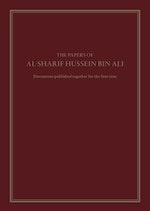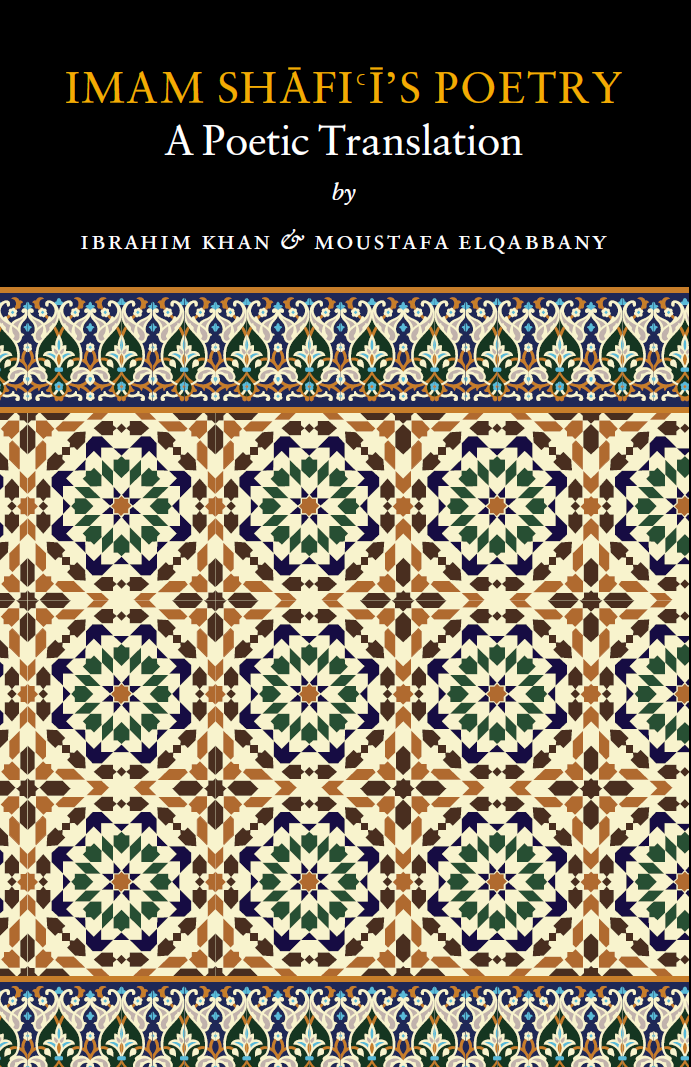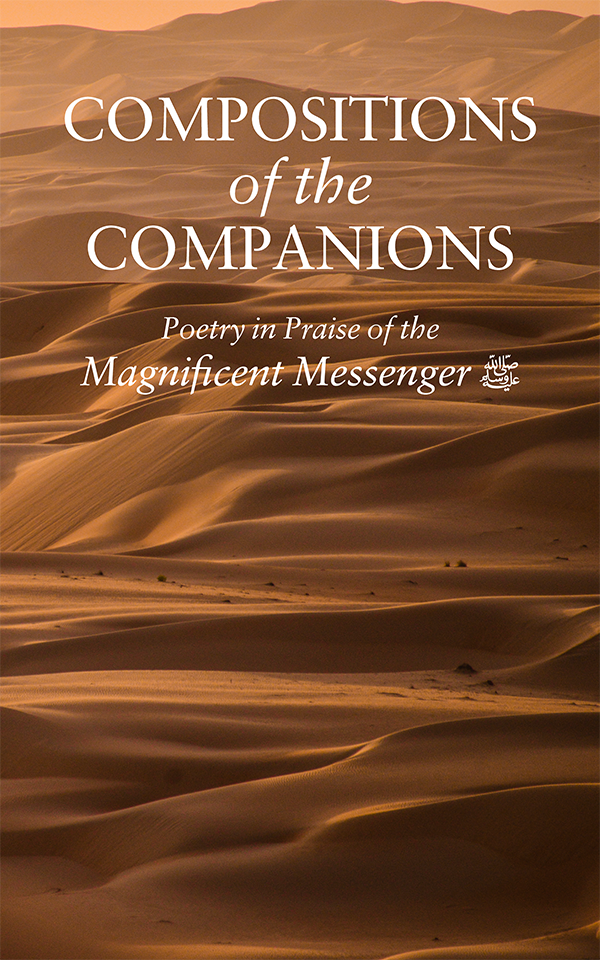Mabda Report 24/06/12
Meeting in Beirut, interfaith leaders work toward Middle East peace
A landmark three-day Christian-Muslim peace conference concluded on a hopeful note here by issuing an appeal to religious leaders and institutions to collaborate on promoting human rights, self-determination, peaceful co-existence, and non-violence, particularly in Jerusalem and the Holy Land.
“There are over five billion Christians and Muslims throughout the world, and although we do not speak for all of them, we are here to say that violence has no place in the teachings of Mohammed nor Jesus. We are here to say that no one, no one has the right to take the life of another in the name of God,” said the Rt. Rev. John Chane, bishop of the Episcopal Diocese of Washington, in announcing the agreement to the more than two dozen delegates representing Episcopalians and Anglicans; Roman, Armenian, Melkite, and Maronite Catholics; and Sunni and Shi’ite Muslims.
A Palestinian plan to attract Muslims back to Al-Aqsa
The grand mosques in Mecca and Medina, the two holiest in Islam, draw millions of pilgrims annually. Al-Aqsa, the last of the three sacred sites the Prophet Muhammad urged Muslims to visit, sees only a few thousand foreign worshipers a year.
The difference is political, not religious. The first two mosques are in Saudi Arabia, a proudly Muslim kingdom, while Al-Aqsa stands on Israeli-controlled land that may be the most disputed religious spot on earth.
Gomaa and Jordanian King Abdullah's chief religious adviser, Prince Ghazi bin Muhammad, added an interfaith dimension to their tour by visiting the Church of the Holy Sepulchre -- said to be on the site of Jesus's crucifixion and burial -- at the invitation of the Greek Orthodox Patriarchate of Jerusalem. So few foreign Muslims have visited the 35-acre compound in recent decades that many Arabs were surprised to hear the news in mid-April that Egypt's Grand Mufti Ali Gomaa, the second-highest religious authority in the Arab world's most populous country, had gone to pray there.
Gomaa and Jordanian King Abdullah's chief religious adviser, Prince Ghazi bin Muhammad, added an interfaith dimension to their tour by visiting the Church of the Holy Sepulchre -- said to be on the site of Jesus's crucifixion and burial -- at the invitation of the Greek Orthodox Patriarchate of Jerusalem.
http://www.reuters.com/article/2012/06/19/us-palestinians-israel-al-aqsa-idUSBRE85I0TY20120619
In restive Kashmir, an oasis of communal harmony: The peaceful mingling of Buddhists and Muslims in Ladakh is reflected in the frequency of interfaith marriages.
First, a marriage arranged by families; second, a marriage of choice initially opposed by the families but later accepted; and third, when the boy and the girl elope. "But none of these three types of marriage has any religious connotation," Hasan, a resident of Leh, asserts.
Interreligious marriages are common in this high desert region of Jammu and Kashmir, and hardly anyone would consider them objectionable. Poor by many measures, Ladakh is rich with a degree of communal harmony unknown in many parts of South Asia.
http://khabarsouthasia.com/en_GB/articles/apwi/articles/features/2012/06/18/feature-06


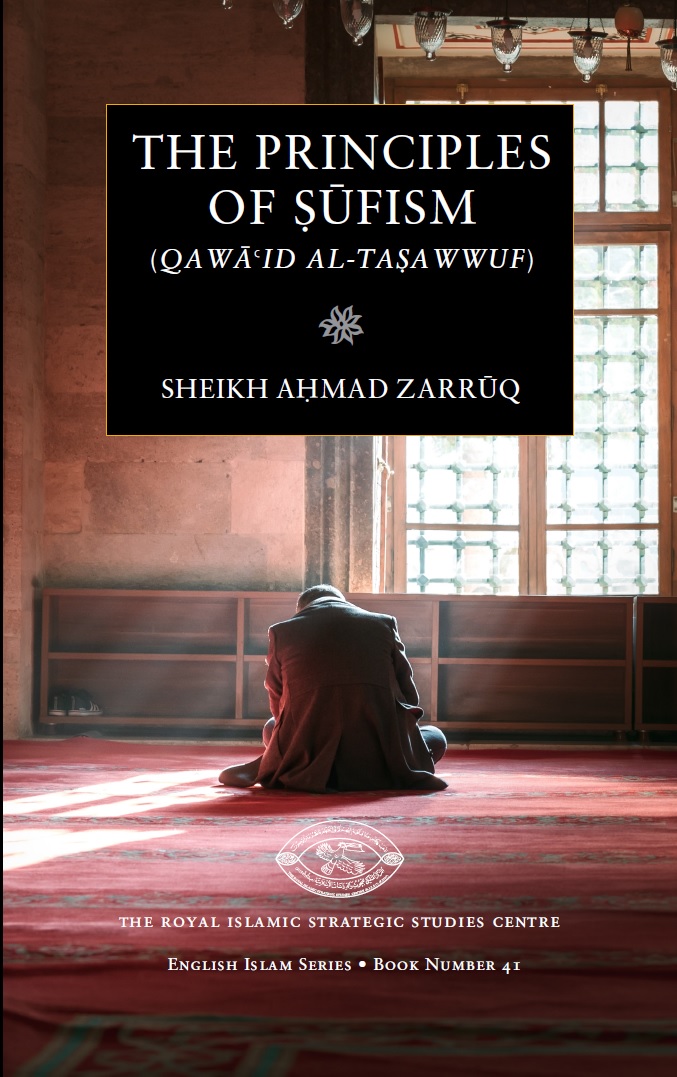
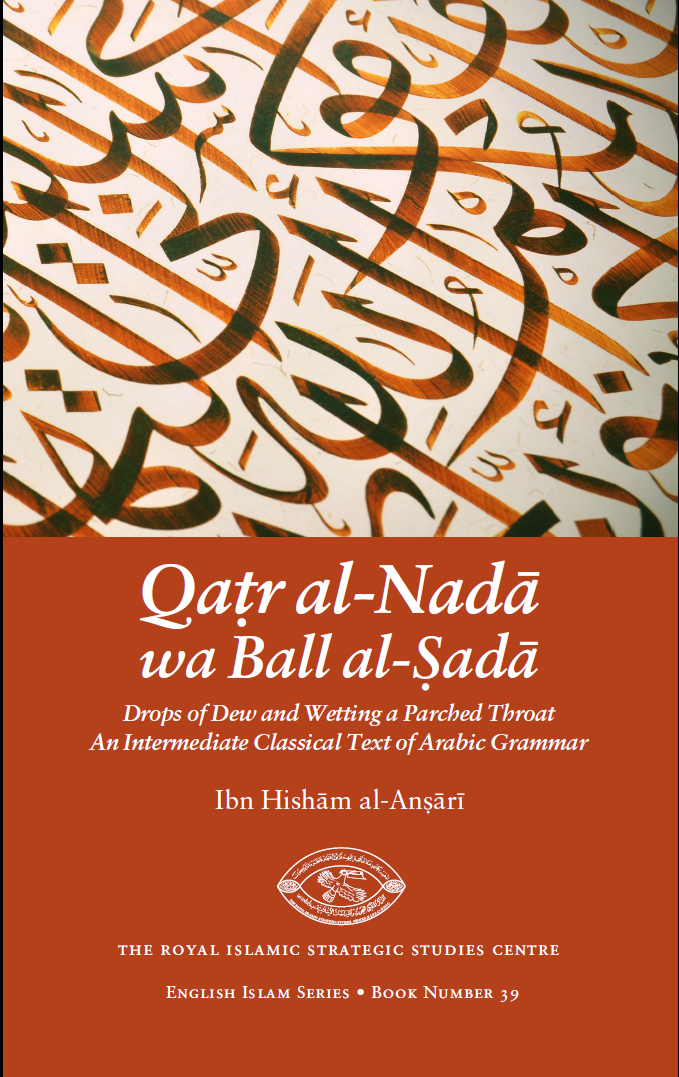
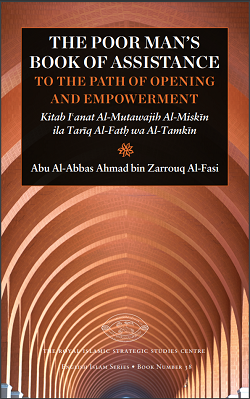
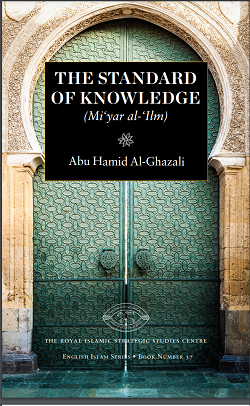
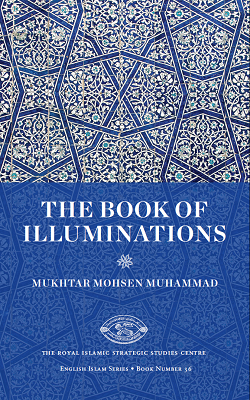
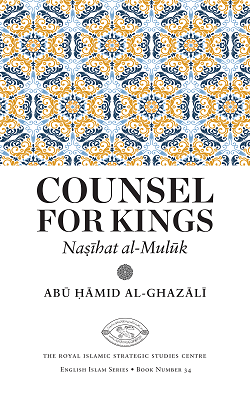
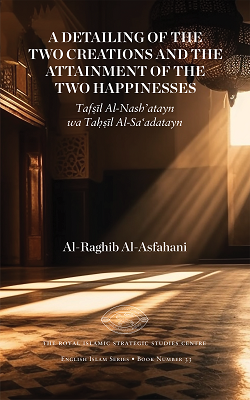
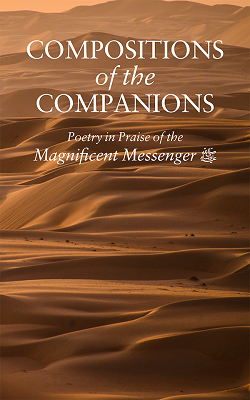
![OrnamentsofGatherings_EnglishArabic_BookSingles_05-06-23[63]_Page_001](https://rissc.jo/wp-content/uploads/2023/06/OrnamentsofGatherings_EnglishArabic_BookSingles_05-06-2363_Page_001-scaled.jpg)
